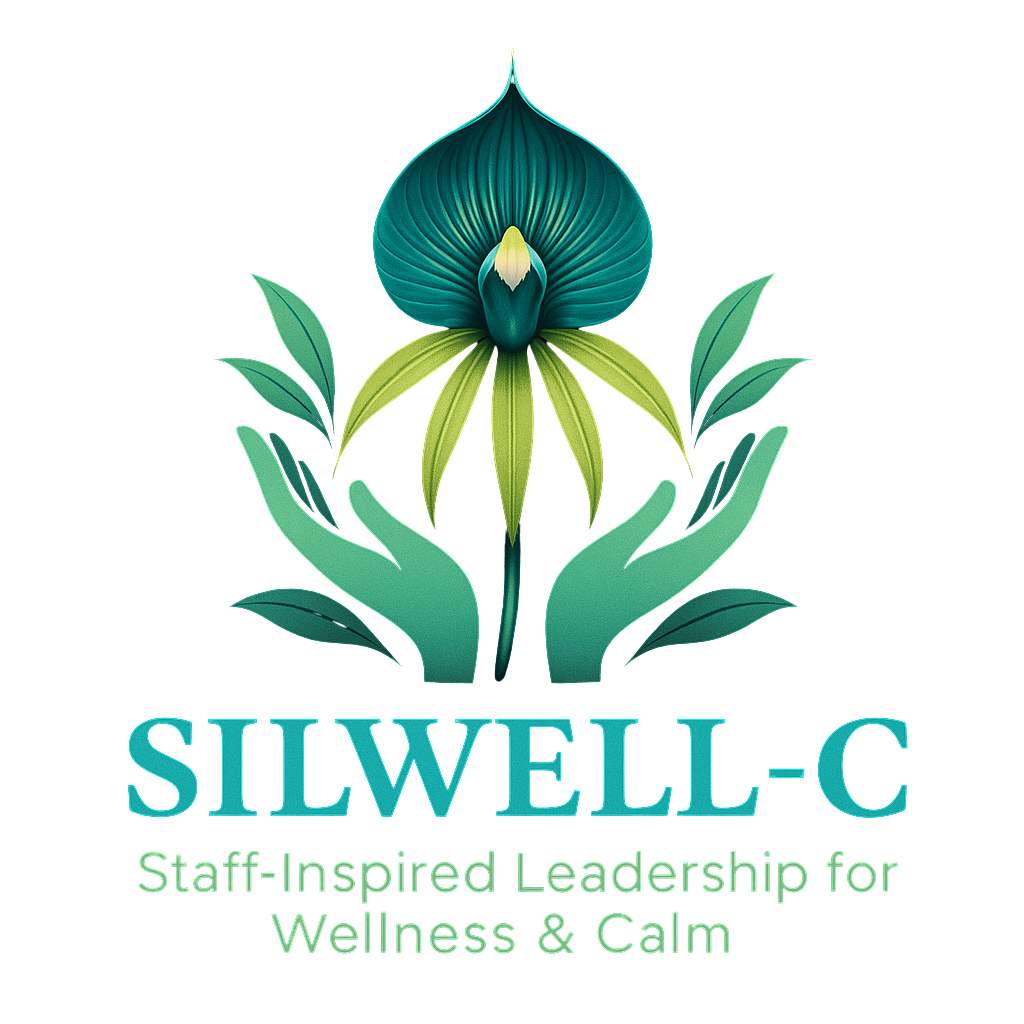Love’s Unraveling: When Connection Breaks
Presence turns ordinary moments into meaningful connections. Here, we celebrate warmth, empathy, and authentic engagement, the art of being truly with others. Explore ways to build community, listen deeply, and let your energy create belonging.
When love is pursued before trust has roots, connection can feel like comfort, until the truth asks to be seen.
Reflective Note
This story explores betrayal and the unraveling of emotional trust within marriage. It may bring up feelings of hurt, anger, or sadness. Take your time as you read, breathe when you need to, and remember that healing begins when we face the truth with compassion, for ourselves first.
I married at twenty-seven, searching for love and connection, maybe for someone to finally love me. I had never really felt loved before, so when this man appeared with perfect words and constant attention, it felt like the answer. He sent flowers every week, listened to every detail, and made things happen easily.
Truthfully, I wasn’t ready to marry him. I had just come out of a painful engagement and wanted time to heal. But he was persistent, persuasive, and everyone around me urged me to give him a chance. Don’t let the past block your future, they said. So against my instincts, I did.
We got married, and a year later, we had our first child. He was in the military; I owned a home in Southern California, but we soon moved to Northern California, far from family and friends. I stayed home caring for our baby while he worked. When he returned from long days, he was tired and did not want to engage in much talking. I cooked, cleaned, managed bills, saved money, and tried to be a “good wife.”
He went away to war when it first started in 2002, and I took care of everything: the house, his debts, and the responsibilities. When he returned, things seemed okay for a while, but we still argued often. I carried childhood pain that he didn’t want to hear about. “Stop talking about the past,” he’d say. “You’re just having a pity party.” But silence never heals; it only buries pain alive.
Over time, I realized he had brought his own hidden wounds and addictions. He was a serial cheater. I discovered clues through cell-phone bills, data charges, and excuses. One day in Northern California, while searching for a charger, I found a prepaid phone tucked in a drawer. When I powered it on, there were messages from more than thirty women.
The shock hit hard. When I confronted him, he destroyed the phone overnight to protect himself, telling me, “I couldn’t let anyone get their hands on that evidence.” I felt humiliated, trapped between disbelief and fury. Still, I tried to make it work for the children. At my sister’s urging, I stayed. He agreed to therapy, but quit after two months: “I don’t have a problem; I can stop anytime.”
Nothing changed. The arguments, the insults, the betrayals continued. Part of me needed undeniable proof to see it with my own eyes before I could let go.
Then came the Southern part of Nevada. He had insisted I not visit during two specific weeks, which only deepened my suspicion. On my first day off work, I drove there unannounced and caught him with another woman in our home.
The scene was cruel. He was cold, dismissive, and treated me like I was nothing. That woman sat comfortably among our family photos. Everything the lies, the disrespect, the depth of deceit, was on full display. Years of hope collapsed in one moment.
I lost control. I yelled, cried, threw things, and screamed loud enough for the neighbors to gather outside. But when I drove away from that house, something inside me became still. I felt relief. The fog cleared. I knew the marriage was over. No more explanations. No more chances.
After twenty years of shared life, betrayal gave me clarity: love without honesty is not love.
“When I finally caught him, I thought I’d break, but instead, I breathed. The truth hurt, but it also set me free.”
Sometimes, connection is mistaken for rescue. We fall for the promise of being seen, not realizing that love built on loneliness cannot hold us. Betrayal shatters more than trust; it confronts the illusions we built to feel safe.
Healing after betrayal means learning to reconnect with yourself first. It means rebuilding faith not in another person’s promises, but in your own intuition, the voice that knew all along. Real connection begins when we no longer abandon ourselves for love.
Where story meets science, strength grows through understanding.
“Love and Infidelity: Causes and Consequences”
Available via PubMed Central (open access) PMC
This article discusses how infidelity can impact both partners emotionally, psychologically, and relationally, including how betrayal affects trust, mental health, and relational dynamics.
“Post-traumatic Stress and Psychological Health Following Infidelity in Unmarried Young Adults”
Full text available via ResearchGate / PMC sources ResearchGate+1
This study explores how infidelity may produce PTSD-like symptoms (intrusive thoughts, anxiety, stress) and how those symptoms relate to depressive and anxiety outcomes.

